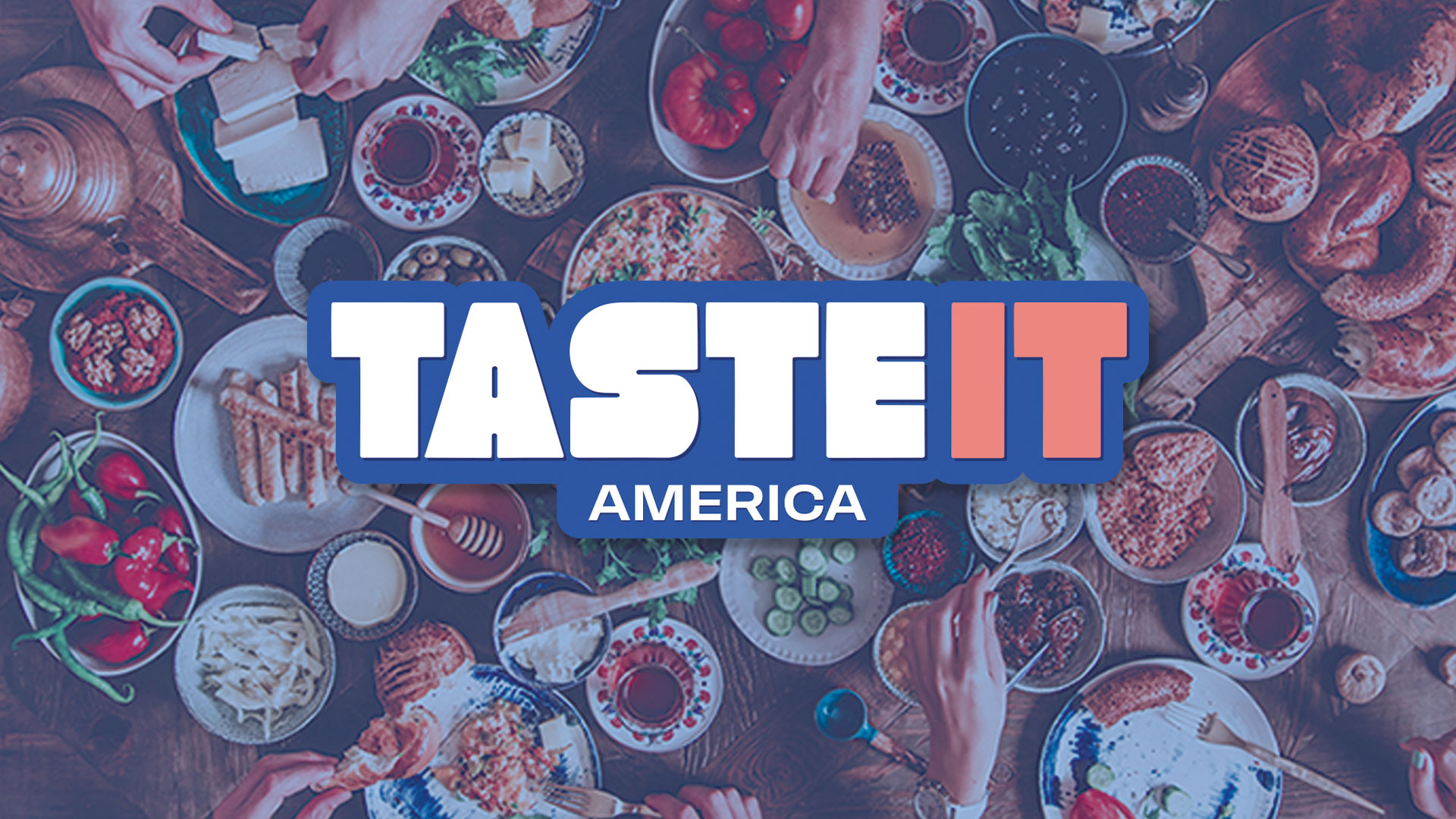This article was produced in collaboration with 99% Invisible. It may not be reproduced without express permission from FERN. If you are interested in republishing or reposting this article, please contact info@thefern.org.
The scale of meatpacking in this country is staggering. Half a million people work in the industry, producing tens of billions of pounds of meat every year and generating billions of dollars in profits. Companies like JBS are among the largest employers in rural America. But the industry doesn’t just process animals, it churns through people, too. The work is so physically punishing that many don’t last long. Which means the industry is always searching for new bodies to run the line.
In the last 20 years, meatpacking companies have come to rely on a new source of labor — refugees, arriving through humanitarian programs that are supposed to offer safety and a shot at the American dream. And it’s through this unlikely arrangement that rural, midwestern towns like Greeley, Colorado, where JBS has its U.S. headquarters, have become home to thousands of people like Mohamed (not his real name), a rice farmer from Burma — men and women who fled violence and persecution, only to find themselves doing what has long been one of the most dangerous jobs in America.
Help us keep digging!
FERN is a nonprofit and relies on the generosity of our readers. Please consider making a donation to support our work.
Cancel monthly donations anytime.

